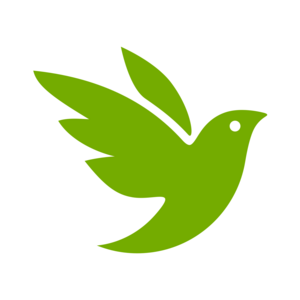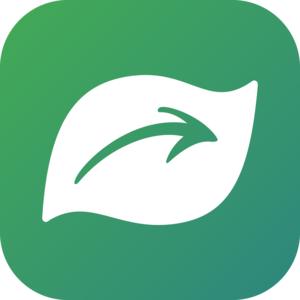A message from Project Coordinator Erin White
It's the planned final year of data collection for the ESNPS, and Erin sent this message to project participants who've signed up for project information (https://signup.com/client/invitation2/secure/2201080/false#/invitation). It's relevant to everyone contributing via iNaturalist. Hope you are finding solace in nature in these challenging times.
Matt
Hi All, I just wanted to touch base with all of our ESNPS project participants as insects are beginning to fly this season! We are continuing with our Survey and our field sampling efforts in 2020, which is year 3 of the project. As travel in the state is limited this season, each record from our participants will be even more important to help us reach more areas in the state. Getting outdoors locally is a great way to help out the project, get exercise, and get a break from being indoors at home, if you feel comfortable doing so. While our focus is on natural habitats of meadows, wetlands, and woods, also remember that roadsides and your backyard floral resources can offer opportunities for seeing pollinator target species as well.
Whatever your level of participation this season, please remember to keep your health and safety the top priority while doing pollinator surveys. Please always follow the recommendations of local health authorities for preventing the spread of COVID-19. Here are some suggestions to ensure your Survey activities align with current recommendations:
• Keep at least six feet of distance between you and others while surveying. Use a mask or face covering when social distancing is not possible. Meet other surveyors at the survey site and travel there separately if you do not live in the same household. Cover your cough and sneezes. Use your elbow or a tissue. Avoid touching your eyes, nose, and mouth.
• Avoid sharing equipment such as insect nets and phones or cameras. Bring your own. If doing bowl sampling, assign one person to deploy and collect the bowls and be responsible for the samples and processing, or split up the bowl transects to avoid handling the same equipment. If hand-netting, maintain your own collections if keeping specimens or use your own camera if taking photos.
• Avoid touching communal surfaces such as railings and doorknobs at public sites. If you touch these surfaces, wash your hands with soap and water or use an alcohol-based hand sanitizer if soap and water are not available.
• Double check to make sure the place you are going is open and respect restrictions and closures. (Remember, it is up to you to obtain landowner permission for survey work. See the participant handbook for details.)
The Cornell bee course (May 18-20) was cancelled and participants were notified individually, as there are no gatherings allowable on Cornell campus in May. We are looking into whether we can hold the course later in the year. We are holding off on making decisions about our public workshops in May and June and will keep you posted as we re-evaluate the situation as the dates approach.
Thank you all for your continued support of this project and stay safe and healthy this season.
Erin





Comments
Add a Comment